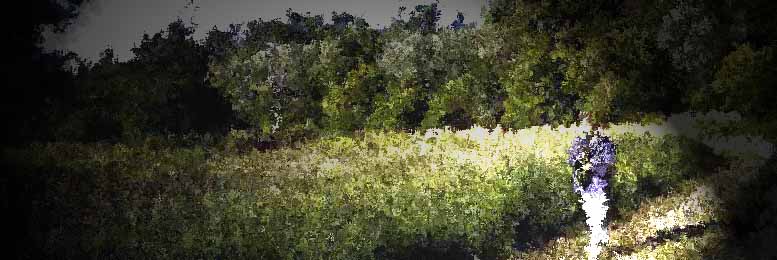30.7.2006 | 17:08
Farðu austur ungi maður......
Margir hafa eflaust heyrt talað um slagorðið, "Go west young man", eða farðu vestur ungi maður. Þetta var þegar Bandaríkin og Kanada voru að byggjast og því sem næst ókeypis, eða ókeypis land fékkst á sléttunum. Það voru margir sem hlýddu kallinu, meðal annars margir íslendingar, en það er þó önnur og lengri saga.
Nú virðast margir þeir sem hafa áhuga fyrir landbúnaði sækja í austurátt, til Rússlands. Þar hafa bændur og fjárfestar fundið ónýtt landsvæði, gróðurmoldin engu lík, og víðáttan svo mikil og jarðirnar svo stórar að dráttarvélarnar hverfa út við sjóndeildarhringinn og sjást ekki aftur fyrr en eftir 2 klukkutíma.
Ég var að lesa fróðlega grein í The Times, hér eru smá "klausur" úr henni:
"And this 12,000-hectare (30,000-acre) farm in the Penza region in southern Russia is owned not by Russians but by a pair of British investors — the first foreigners to buy agricultural land in Russia.
“It’s just awesome,” Mr Hinchley said, shaking his head in disbelief. “The average British farm is 350 acres. You could fit three of them in this field.” "
"In 1913 Tsarist Russia produced a record 90 million tonnes of grain — a third of global supply at the time. In 1990 output hit a Soviet-era high of 117 million tonnes.
Grain production plummeted, however, after the Soviet collapse, when subsidies dried up and collective farms divided their land and machinery between their workers.
This year Russia is expected to harvest only 75 million tonnes, 3 per cent of the world total, from 10 per cent of the world’s arable land.
The Ministry of Agriculture estimates that Russia has the potential to feed a billion people and yet, with a population of 143 million, it is a net importer of food.
And with the global grain harvest expected to fall short of consumption this year, millions of acres are lying idle in one of the most fertile farming areas on the planet. "
“I was gobsmacked,” said Mr Monk, whose main business is property development.
“It’s just so huge. The tractors disappear over the horizon and don’t come back for two hours. And this soil — you could bag it up and sell it in a garden centre.”
The numbers made sense too: land prices were a fraction of those in Britain and average wages for a tractor driver were just £1,200 a year — a tenth of the British average.
And yet, with the right connections, crops could be sold on the local market at international prices."
"Farming in Russia has its drawbacks. The long, harsh winters limit the yields. There is always the risk that the rouble will devalue again or the Government will renationalise land. Heartland has also stirred resentment among some locals who resent foreigners telling them how to farm their land.
Vassily Nadeyev, the 44-year-old chief agronomist at Heartland, said that Russian farmers could achieve similar results if local banks would only lend them money.
“We can do something too,” he said. “People here are well-trained and educated. Why does the Russian government torture us?” But for the moment, Heartland is a rare success story. “They came here, they invested their money and they have a strong belief in what they are doing,” Mr Nadeyev said. “That shows real courage.”"
Þessa grein má finna í heild sinni hér.
Meginflokkur: Stjórnmál og samfélag | Aukaflokkar: Bloggar, Dægurmál | Facebook

Bæta við athugasemd [Innskráning]
Ekki er lengur hægt að skrifa athugasemdir við færsluna, þar sem tímamörk á athugasemdir eru liðin.